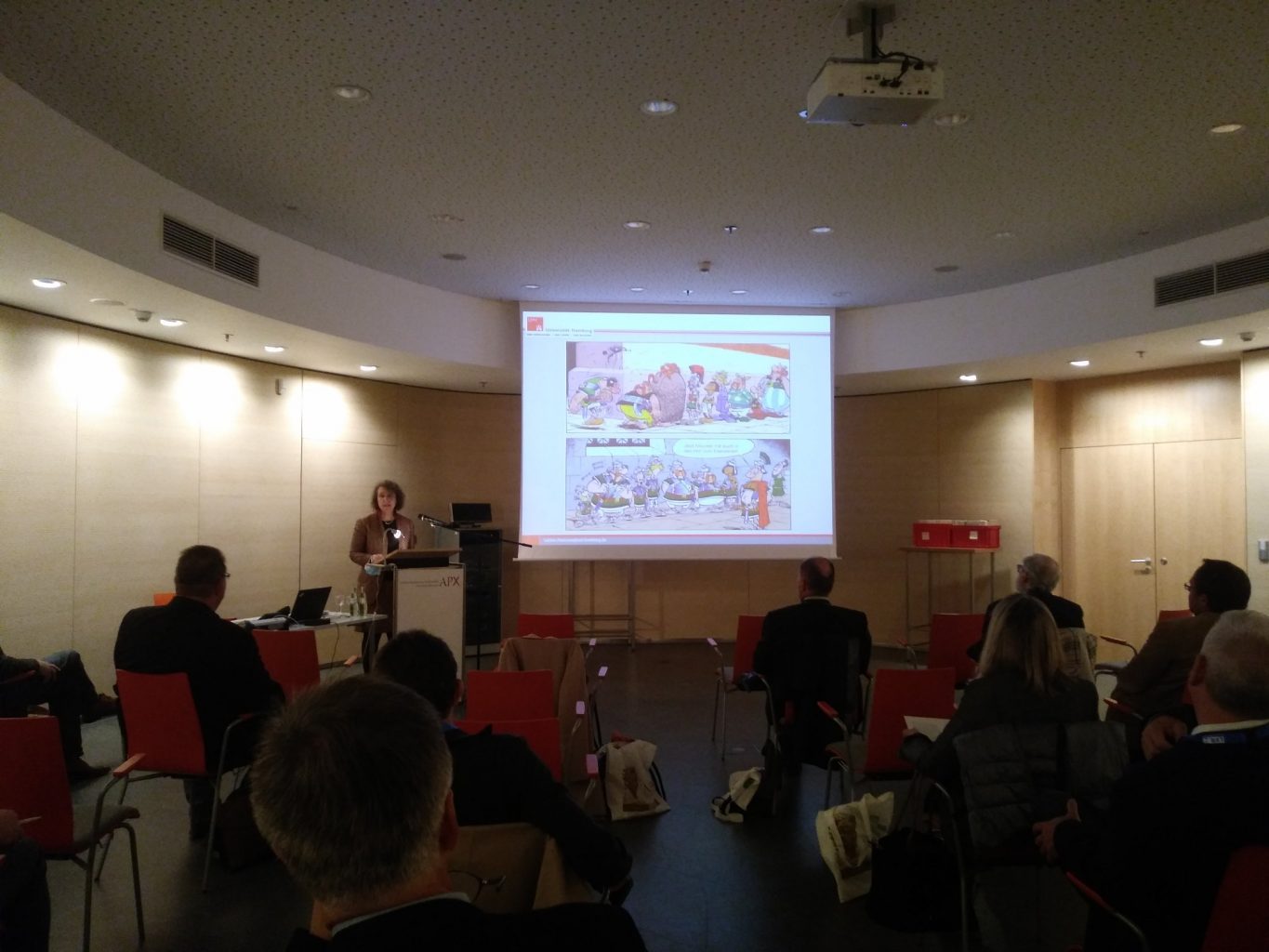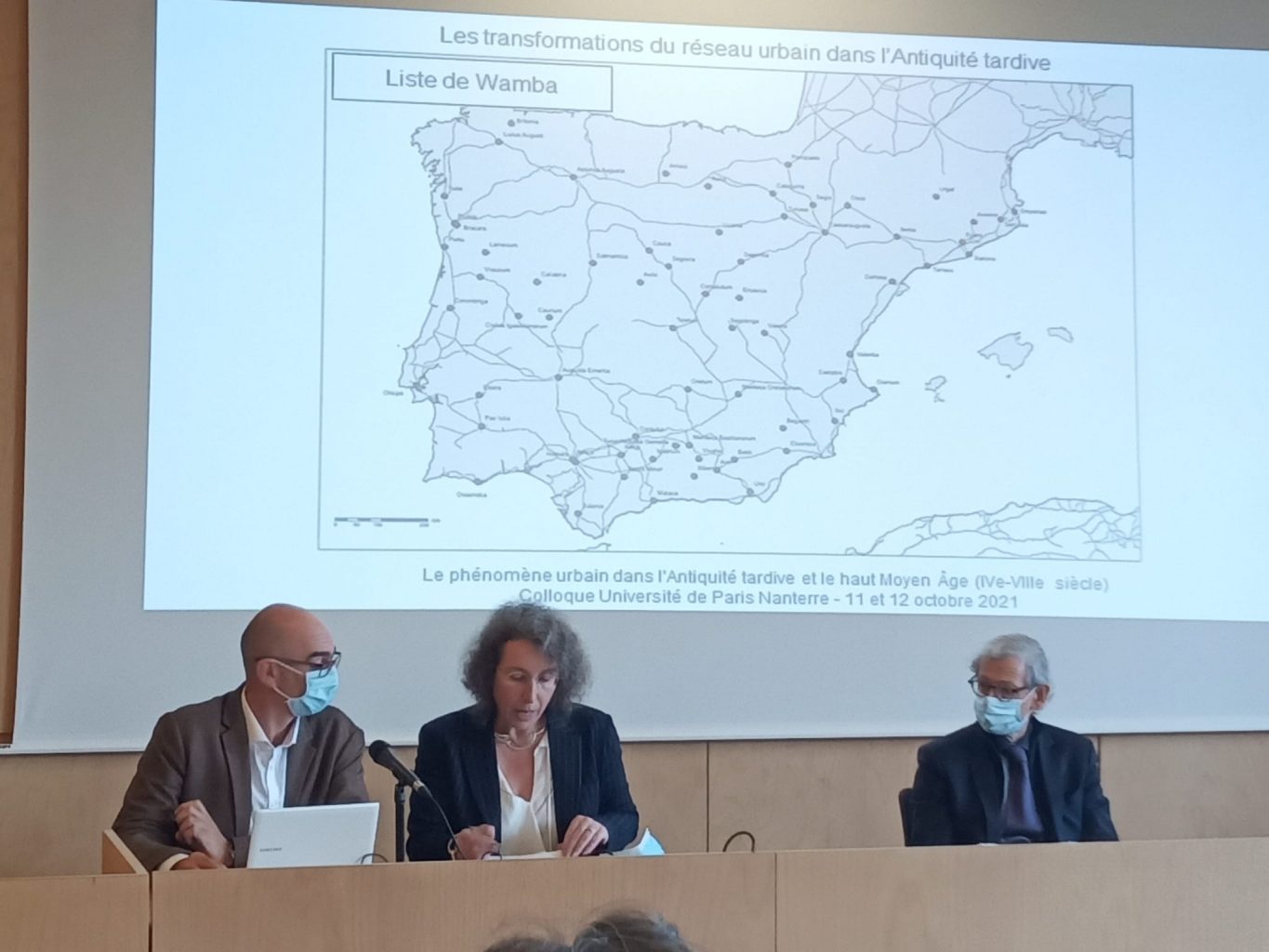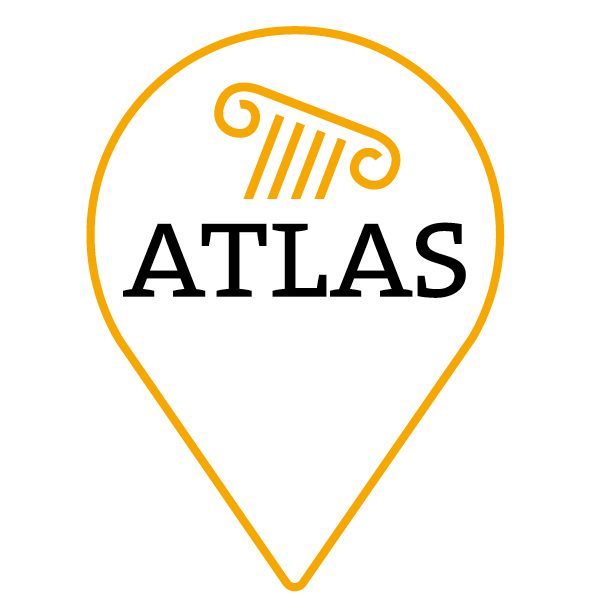After 17 months of digital conferencing we see a sudden rise of “real-life” conferences after the first almost normal summer. So, in this blog we will treat the conferences of this autumn that were or are going to be visited by the two directors and post-docs. There will be many more with ATLAS members present, but that would lead to a long blog containing almost all conferences treating Late Antiquity in Spain, Tunisia and beyond.
With universities returning to teaching at the university and allowing students to come, it is expected that academics also want to start meeting again. Even though the past year has shown that we don’t need to visit every conference to ‘participate’. It is great to be able to follow seminars all over the world without creating a massive carbon footprint for a two hour session. The chat function in most programs allows you to greet familiar faces and to ask questions when it is impossible to switch on the microphone due to life going on at home. Nonetheless, the digital meetings, how well organised, do not provide the same opportunities. Break-out rooms for coffee breaks cannot replace the coffee in a conference. Well, we do not literally mean the coffee. Working at home that much, we all have improved the home brewing to a level we can never expect from university catering. But we mean the breaks in between the presentations. These coffee breaks allow for 20 minutes of wandering around and being able to start conversations with speakers (to ask that question you really want to ask but felt did not fit the discussion). Lastly, real life conferences provide the peace of mind to completely focus on the conference, without all distractions and needs at the home front.
It might be clear we do like our conferences live and kicking, but if possible in a hybrid form so we can still follow or present at those for which we can not travel. What conferences did we have since october? We decided not to hand you a boring list of conferences but treat them thematically in three themes we discovered: urbanism, ports and romanization. We will start with the latter as these are the first conferences.
The first conference of October, or the last of September really, was the official kick-off of the RomanIslam Center in Hamburg between the 29th and the 1st. Although they had been running for a year, the kick-off meeting with bubbles and all could only be held now. The three-day conference “New Perspectives on Romanization and Islamication” co-organised by our director Sabine held presentations of several team members, as those following twitter already saw, Javier Arce, Darío Bernal-Casasola (online), Philipp von Rummel and Chokri Touihri gave papers. A few days after this conference on Romanization and Islamication, the theme of Romanization was continued in Xanten with the Toletum: El ejército y la romanización: Hispania y Germania en comparación, between October 7th and 9th. As this is the well-known German-Spanish research network led by Sabine, she opened the workshop. Although we had two days of conference ahead of us, Sabine’s well chosen image immediately gave away how the Roman army integrates the locals.

Continuing chronological we get to the next theme: urbanism. Barely returned home from Xanten Sabine had to go to Paris to meet Laurent and to give a presentation at the Université Paris Nanterre in the colloquium Le phénomène urbain dans l’Antiquité tardive et le haut Moyen Âge between 11-12 octubre 2021. Our directors were invited to present the status quaestionis of Late Antique urbanism on the Iberian Peninsula. The colloquium was concluded with the closing remarks of our team member Anna Leone. After the Paris Nanterre colloquium we had a few days of rest, to write this blog, before continuing our tour with the next urbanism papers.
From here we are turning to the future conferences. The first up is Small Towns: una realidad urbana en la Hispania Romana at the Museo Arqueológico de Alicante (MARQ) between the 26 and 28th of October. On the 26th Pieter will be presenting his paper Small Towns a través de la epigrafía. The next day Laurent will turn to our first case study and present Baelo Claudia as a small town. Be it a small town, it is dear to us 😉 On November 3rd Pieter will present (online) the paper “We don’t need a city: Roman civitates without urban centres in Hispania” at the Institute of Classical Studies in a Seminar Series in honour of Simon Keay. The last presentations on urbanism will be given mid-November at the Universidad de Alicante. Where Sabine and Pieter will present at the Workshop: Net Land. Arqueología, redes urbanas y paisajes de asentamientos en la larga duración. With this we close the urbanism paper section and continue with a specific part of the city: the ports.

It is interesting to see that this part of the city is well represented within our conference autumn. On November 3rd Ada will participate online at the conference “Entremares: Emplazamiento, infraestructuras y organización de los puertos romanos” with a paper co-written with Patricia Terrado Ortuño, Anna Gutiérrez Garcia-Moreno and Jordi López Vilar on the latest findings en Roca Plana, an important docking point within the Tarraco port system. Next follows the colloquium “De Gades a Tanger Med. El futuro de la tradición en el Estrecho de Gibraltar” organised by Sabine and our colleagues at Casa de Velázquez and la Casa Árabe in Madrid, which unfortunately had been postponed several times. The colloquium will take place at the Casa Árabe in Madrid on 11th and 12th of November and again members of ATLAS will be participating: Darío Bernal-Casasola with a paper on the role of Gades in the trade network of the Fretum Gaditanum, and Patrice Cressier, as chair of the session on the medieval period. The ATLAS conference autumn will end with the 5th Tarraco Biennal: Ports romans. Arqueologia dels sistemes portuaris and is co-directed by Ada, together with Patricia Terrado Ortuño and Joaquín Ruiz de Arbulo. Our team member will present a paper on the port system of Tarraco at the urban level. Moreover, the conference will have another ATLAS member joining: Darío Bernal. The conference will hold more papers of interest to the ATLAS team, for instance on the port system of Hispalis (a future case study) and its role as an emporium for the Baetis.
The TOLETUM workshop of November 4th to 7th is a hard one to place within the three themes. Sabine organises a second TOLETUM this year, specially for junior researchers who could apply to join. This has led to a very diverse and interesting programme with its own themes: Archaeology and the Environment; Landscape Archaeology; Economic History and Social History of Power.
Without a doubt, this has been (and will be) a very busy autumn, but we are glad to be able to meet again with many of our colleagues and discuss the topics of great interest to our research directly with them. The Islamication, urban development and port networks are important aspects in the study of our Late Antique cities and we are certain that all these conferences will allow us to return with our minds full of new ideas and perspectives.
